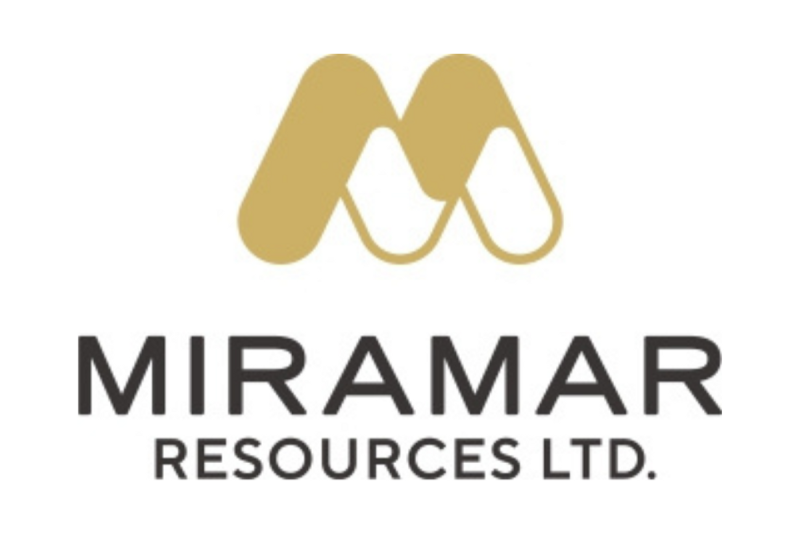Miramar Resources Limited (ASX:M2R, “Miramar” or “the Company”) is pleased to advise that ground electromagnetic (EM) surveys have identified multiple drill targets at the Company’s large 100%-owned Mount Vernon and Trouble Bore Projects in the Gascoyne region of Western Australia.
Ground EM survey completed at Mount Vernon and Trouble Bore ProjectsMultiple large shallow Ni-Cu-Co-PGE targets outlined for RC drill testingRegional, project and target-scale similarities to giant Norilsk Ni-Cu-Co-PGE deposits
Miramar’s Executive Chairman, Mr Allan Kelly, said the Company was excited about the district-scale opportunity evolving within the Bangemall Projects and looked forward to the maiden drilling campaign.
“Whilst many nickel producers are under pressure at the moment, mafic intrusion-hosted deposits such as Nova and Nebo Babel can be large and very valuable, due to the mix of metals present, which makes them immune to short-term fluctuations in the nickel price,” he added.
“At Mount Vernon and Trouble Bore, we are seeing all the ingredients needed for the formation of this type of deposit,” he said.
“We have nickel and copper-bearing dolerite sills intruding into sulphidic sediments, evidence of differentiation, including mafic cumulate rocks, and indications of accumulations of conductive sulphides within and/or beneath the sills,” he added.
Miramar is exploring for mafic intrusion-hosted nickel, copper, cobalt and platinum group element (Ni-Cu- Co-PGE) sulphide mineralisation related to 1070Ma aged Kulkatharra Dolerite sills, part of the Warakurna Large Igneous Province and the same age as the large Nebo-Babel deposits in the West Musgraves.
Geophysical contractor Wirelines Services Group has finished a ground EM survey comprising a mixture of Fixed Loop (FLTEM) and Moving Loop (MLEM) methods which tested five airborne EM anomalies within the Mount Vernon and Trouble Bore Projects (Figure 1).
The survey has confirmed and refined each of the airborne EM anomalies and outlined large shallow conductive drill targets consistent with Miramar’s Norilsk-style Ni-Cu-Co-PGE deposit model (Figure 2).
Target D is the last target to be tested within the Mount Vernon Project as part of the current programme.
The FLTEM survey at Target D covered part of a large airborne EM anomaly at the western end of the Project (Figure 3). The FLTEM survey refined the location of the southern VTEM anomaly, which remains open to the east.
When modelled, the FLTEM data indicates the presence of two large shallow, sub-horizontal plates with strong conductances, up to approximately 1600 Siemens (Figure 4).
Upcoming work programme
Miramar’s initial aim is to show “proof of concept” of the Norilsk-style deposit model by discovering Ni-Cu- Co-PGE sulphide mineralisation.
Over the previous 24 months, the Company has progressed from regional-scale area selection to collection of project-scale datasets and, more recently, to delineation of individual drill targets.
Upcoming work includes systematic rock chip sampling and preparation for the maiden drilling campaign.
Click here for the full ASX Release
















